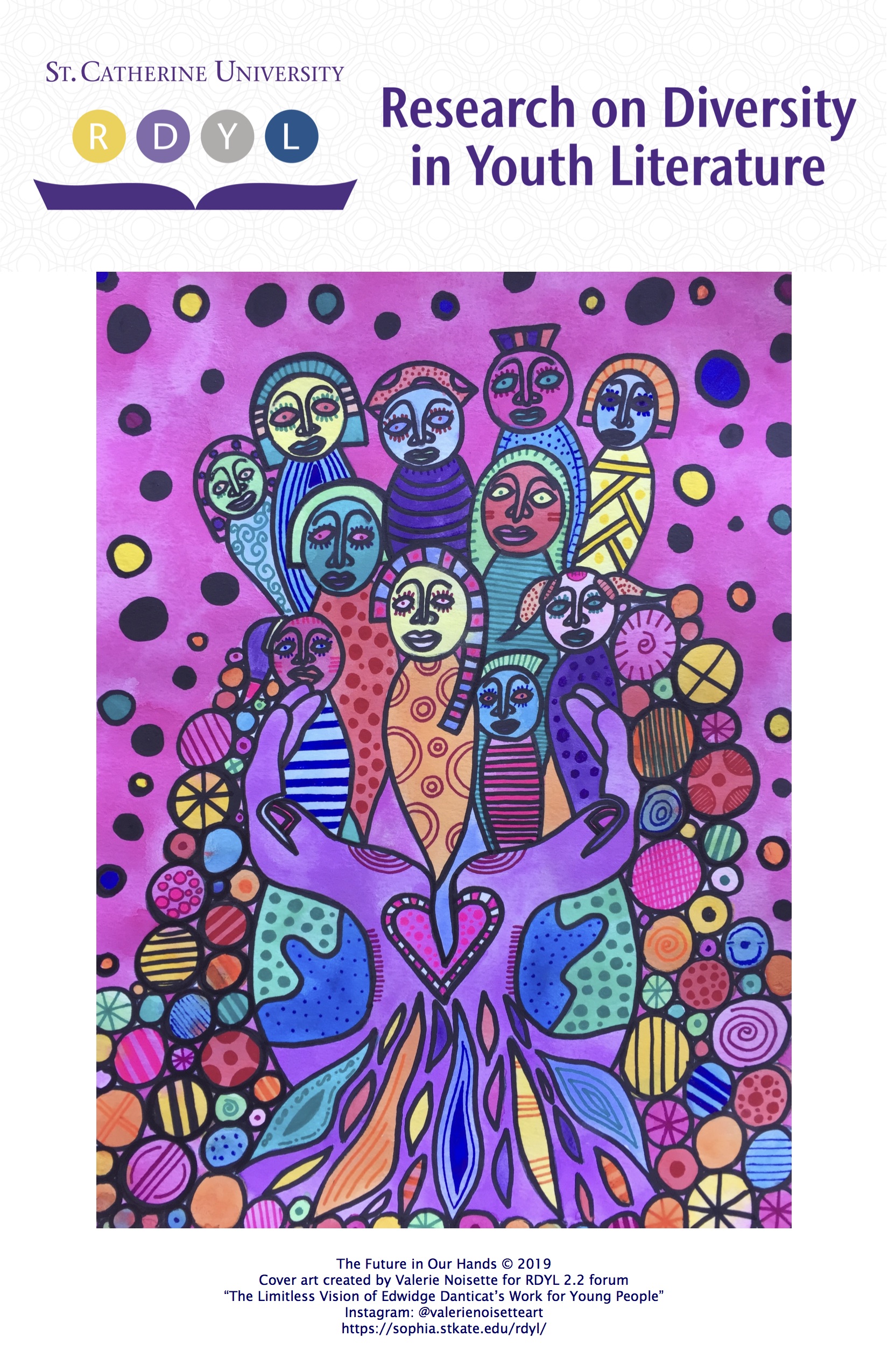"Whose Side Are You On?" Moral Consequences of Young Readers’ Responses to To Kill a Mockingbird
DOI:
https://doi.org/10.21900/j.rydl.v2i2.1547Keywords:
To Kill a Mockingbird, youth literature, school curriculumReferences
Asim, Jabari. “Rethinking To Kill a Mockingbird.” Publishers Weekly, vol. 262, no. 29, 20 July 2015, p.196. www.publishersweekly.com/pw/by-topic/columns-andblogs/soapbox/article/67521-rethinking-to-kill-a-mockingbird.html
Gaskin, Ashly. “Racial Socialization: Ways Parents Can Teach Their Children about Race.” Children, Youth and Families News, August 2015.
https://www.apa.org/pi/families/resources/newsletter/2015/08/racial-socialization.aspx
Beckwith, Meghan. Personal communication. 3 July 2016.
Jay, Gregory. “Queer Children and Representative Men: Harper Lee, Racial Liberalism, and the Dilemma of To Kill a Mockingbird.” American Literary History, vol. 27, no. 3, 2015, pp. 487-522. muse.jhu.edu/article/590713
Lee, Harper. To Kill a Mockingbird. 1960. HarperCollins Publishers, 1988.
McIntosh, Peggy. “White Privilege: Unpacking the Invisible Knapsack.” Independent School, vol. 49, issue 2, winter 1990, pp. 31-36.
Mendenhall, Allen. “Children Once, Not Forever: Harper Lee’s Go Set a Watchman and Growing up.” Indiana Law Journal Supplement, vol. 91, no. 6, 2015, pp. 6-14.
Morrison, Toni. Playing in the Dark: Whiteness and the Literary Imagination. Harvard University Press, 1992.
Nikolajeva, Maria. “‘Did You Feel as if You Hated People?’ Emotional Literacy through Fiction.” New Review of Children’s Literature and Librarianship, vol. 19, no. 2, 2013, pp. 95-107.
Rosenblatt, Louise M. “The Literary Transaction: Evocation and Response.” Theory Into Practice, vol. 21, no. 4, 1982, pp. 268-277.
Rosenblatt, Louise M. “The Reader’s Role.” The English Journal, vol. 49, no. 5, 1960, pp. 304-310 and 315-316. JSTOR.
Saney, Isaac. “The Case Against To Kill a Mockingbird.” Race & Class, vol. 45, no. 1, 2003, pp. 99-105.
Students, Homeschool Co-operative. Book group discussion: To Kill a Mockingbird. October-November, 2016. Massachusetts.
Downloads
Published
Issue
Section
License

This work is licensed under a Creative Commons Attribution-NonCommercial 4.0 International License.
The first 4 issues of RDYL were originally published at St. Catherine University and moved to IOPN in summer 2024 and all rights are reserved by the authors. Only issues 5.1 and onward are covered by RDYL IOPN's CC BY-NC 4.0 license.







